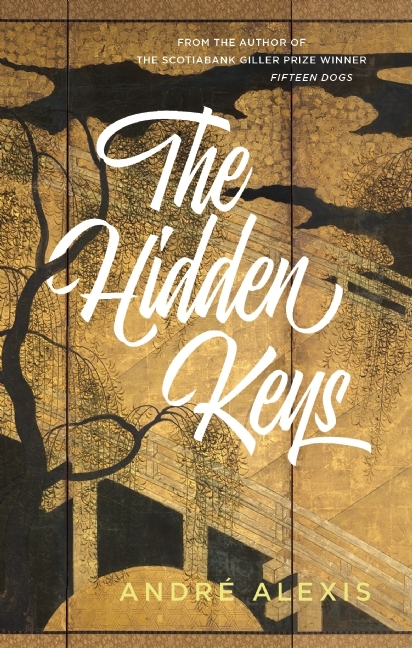What do you think?
Rate this book


232 pages, Paperback
First published October 27, 2016
Tancred was a tall and physically imposing black man, but he was also approachable. He could not sit anywhere for long without someone starting a conversation. This was, his friends liked to say, because his blue eyes were startling and his voice deep and avuncular. So, when he wanted to be alone without necessarily being alone, Tancred answered in French – his maternal tongue – when spoken to by strangers. Few who came into the Dolphin knew the language. But Willow Azarian did, and she took the fact that Tancred spoke it as a portent. They would be friends. She knew it and, touching his arm, she blithely began to tell him about her family.
For years, I tried unsuccessfully to rewrite (or re-imagine) a work by Pier Paolo Pasolini called Teorema. In Teorema, a god comes to earth and interacts with the members of a well-to-do family. This interaction leads to madness, despair, grace, and the miraculous. It’s a truly great story and I wanted to retell it, to own it as one does with some stories. I couldn’t, though. I ended up writing inept versions of Pasolini.
Or I did until I finally stripped the story down to its essence – divine visitation – and thought about the ways in which that essential story could be told. Five approaches came to me at once. I wanted to tell it as a pastoral (that is, a tale set in an idealized rural world), as an apologue (a moral tale involving animals), as a quest narrative (with Treasure Island in mind), as a ghost story (like Ugetsu Monogatari), and as a kind of Harlequin romance. The novels were suggested not by personal experience, not by grief or exile or post-traumatic stress, but by the art of storytelling itself.
Tancred was a tall and physically imposing black man, but he was also approachable. He could not sit anywhere for long without someone starting a conversation. This was, his friends liked to say, because his blue eyes were startling and his voice deep and avuncular. So, when he wanted to be alone without necessarily being alone, Tancred answered in French—his maternal tongue—when spoken to by strangers. Few who came into the Dolphin knew the language.
The city had been built by people from innumerable elsewheres. It was a chaos of cultures ordered only by its long streets. It belonged to no one and never would, or maybe it was a million cities in one, unique to each of its inhabitants, belonging to whoever walked its streets.
“I believe God is an impediment to good. All those people acting in his name don’t bother to think their actions through. They’re incapable of good...No, that’s not right...There are any number of them who accidentally do good. ... What I mean is it’s more difficult to do good with God in the equation.”